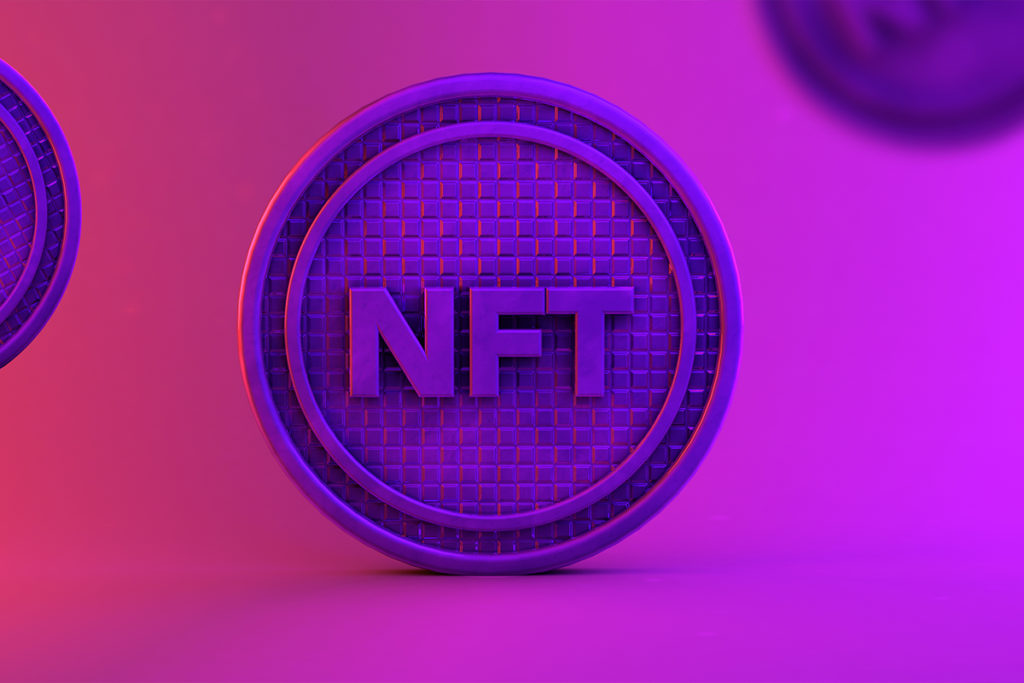At Lili, we help business owners like you save money on your taxes and on banking fees. So what can you do with that extra cash? You can put it aside for a rainy day, save it for your retirement, or invest in the stock market. It is not nearly as complicated as it sounds, but remember, investing always comes with risk, so the common wisdom says that one should only invest money they’re willing to lose. Ready to get started? First things first: what can you buy and where can you buy it?
Equity (AKA Stocks)
When they go public, companies issue a certain amount of shares (aka stocks). The public can then purchase those stocks from the companies directly, at the price set in their Initial Public Offering (IPO). After this initial stage, people start trading these stocks amongst themselves, in the secondary market. If a stock is in high demand, prices go up and vice-versa. Owning stock at a company means you usually receive intermittent dividends (your share of the company’s profit) until you decide to sell your shares. Dividends are not guaranteed, but it improves the attractiveness of owning stock.
Bonds
A bond is similar to a loan: you purchase it for a specific amount of time with a fixed interest rate. Bonds are often issued by governments, companies or other entities to finance projects. Except if the company defaults, bonds are usually considered a safe investment as you’re likely to get all your money back if you keep it all the way to the maturity date and you receive extra $$ through the interest rate. In the unlikely event of a default, bondholders also maintain priority over stockholders in receiving recovered funds.
ETF (Exchange Trade Funds)
An ETF is a financial product that typically combines stocks from different companies within the same sector. So if you think a certain sector has growth potential (like reusable energy or Fintech), but don’t want to pick a specific company, ETFs are an easy option to invest.
Mutual Funds
Mutual Funds are similar to ETFs in the sense that they’re also a combination of several equities. But whereas an ETF is available to everyone, each investment bank manages its own mutual funds (ie: Vanguard gives you access to Vanguard Mutual Funds, TD to TD Mutual Funds…) They usually have a higher price point and you pay a fee to the investment bank, because they’re actively managing it, constantly making changes to the fund to adapt to market movements.
How to get started?
You can open an account with any of the investment banks around. Some of them are now commission free, meaning they don’t charge you when you buy or sell stocks. Then trade away! Another, perhaps simpler option is to open an account with a Fintech company like Acorns, CashApp or Robinhood which do the heavy lifting for you and let you invest with as little as $1.
Disclaimer: This blog is for informational purposes only and shouldn’t be interpreted as financial advice.




